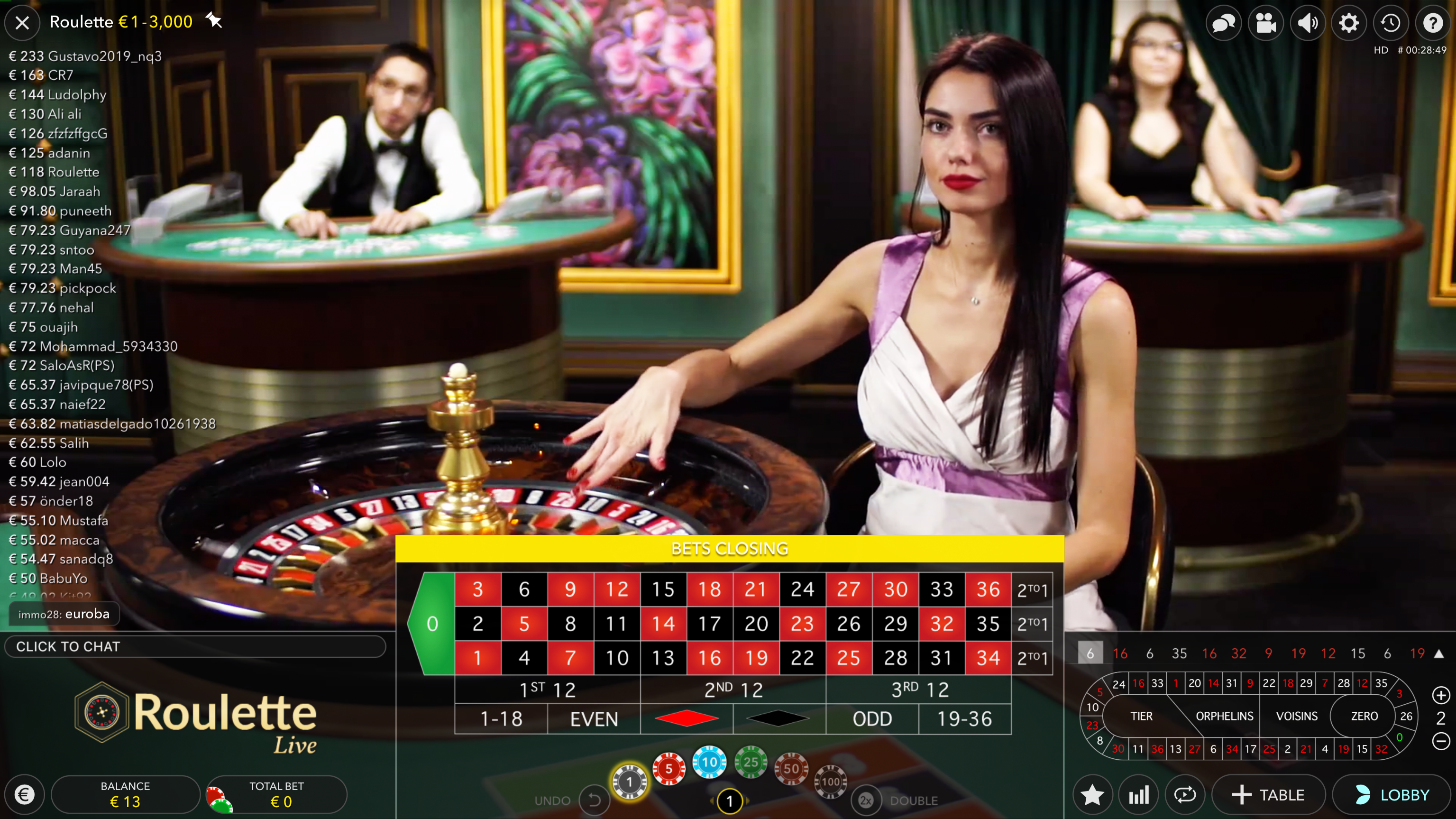When we think of casino activities, the first pictures that often come to mind are those of spinning wheel wheels, poker tokens clinking on felt tables, and dice rolling across a betting area. While many consider these games as simple pastimes fueled by chance, a more profound exploration reveals a fascinating blend of strategy, expertise, and social engagement that elevates them well beyond basic luck. Regardless of whether you are a seasoned player or a curious newcomer, understanding the nuances of these games can significantly enhance your experience and understanding.
Gambling games have evolved over hundreds of years, with different cultures contributing to their rich backgrounds and variations. From the intricate tactics of 21 to the deception tactics in card games, players engage in a battle of wits as much as a gamble on odds. This exciting interplay between chance and expertise creates a thrilling atmosphere that draws countless people to casinos worldwide. As we explore the world of card games, we will uncover the strategies that can shift the odds in your favor and the social aspects that make these games a popular choice for leisure and engagement.
A Strategy of Casino Games
Casino gaming often combine a mix of skill and chance, which makes them fascinating for participants who like a challenge. Every title has its own set of guidelines and strategies that can influence the results. For example, in games like 21, participants are obliged to use tactics like counting cards and grasping the odds to make informed decisions. This skill set can greatly improve the winning potential, differentiating seasoned participants from novices who may rely solely on chance.
In contrast, titles such as roulette may seem to be entirely based on luck, but strategic thinking can also play into play. Players can select between different betting strategies, such as the Martingale strategy, where they raise the wagers after losses. This approach can establish a more methodical approach to the activity. Grasping the probabilities of specific bets can also help participants make smarter decisions on the table, showcasing that even titles of chance, strategy can enhance the enjoyment.

Additionally, poker stands out as a game that strongly focuses on strategy. Unlike most casino games, poker merges ability, psychology, and luck. Players must not only concentrate on the cards they are dealt but also consider their opponents behavior and wagering patterns. Mastering principles like table position, pot odds, and reading bluffing is crucial for success. This complexity of strategy in poker often creates to a more engaging experience for participants, as the choices and skills greatly impact the game’s outcome.
Comprehending Likelihood and Ratios
In the world of casino activities, probability and odds have a vital role in deciding a gambler’s potential consequences. Every activity has its own set of guidelines that dictate how the chance of winning or losing is measured. For case, in games like 21, players have a opportunity to modify their odds through tactics, whereas in games like the wheel, the outcomes are purely governed by luck. Understanding how these probabilities are measured can significantly affect how a gambler deals with the match.
Ratios are typically expressed in two formats: ratio and decimal. Ratio ratios indicate the ratio of the sum gained to the amount bet, whereas decimal odds show the overall return for a successful wager, including the initial bet. For instance, if a game has odds of 5 to 1, this implies that for every one dollar staked, a player could win five units if they win. Understanding how to interpret these odds enables gamblers to evaluate their potential winnings and make more informed choices during gameplay.
Gamblers should also be conscious of the casino advantage, which is the casino’s built-in benefit over the players. Each match has a distinct advantage, and grasping this idea is essential for handling one’s hopes and funds. Games with a reduced house edge, such as 21 and baccarat, typically offer superior ratios for players compared to games like slot machines and lottery. By understanding the relationship between probability, odds, and the house edge, gamblers can enhance their gambling experience and strategize more efficiently.
The Aspect of Casino Table Games
Casino games at casinos are often seen as a center of community engagement, bringing players together in a shared experience that extends far beyond the mere act of playing games. The atmosphere at a poker table can be electric, with players engaging not only with the game itself but also with one another. 6789 Laughter, cheers, and, occasionally, playful teasing create connections that improve the overall experience of the gaming experience. This communal aspect can turn a alone endeavor into a lively gathering, making table games particularly enticing.
One of the fascinating elements of gaming at tables is the way it cultivates camaraderie among participants. Whether it’s collaborating to beat the dealer at a dice table or exchanging tales between hands in a poker game, the environment encourages communication. Players often share advice or strategies, creating a sense of community that boosts the fun. This social dynamic can make new players feel welcomed and less daunted by the competitive nature of casino games. As the game continues, friendships may form, leading to a sense of connection that keeps participants coming back to the table.
Moreover, the social aspect of table gaming extends outside just the participants. Dealers play a crucial role in encouraging interaction and maintaining the flow of the game. Their ability to engage gamblers with warm dialogue and their expertise in running the table can create an welcoming atmosphere. This connection between participants and staff adds another layer of enjoyment, where gamblers feel bonded not only to each other but also to the staff. Such interactions are often what make the experience unforgettable, as players leave with tales to tell and relationships made, reinforcing the notion that gaming at tables are truly about more than just chance.